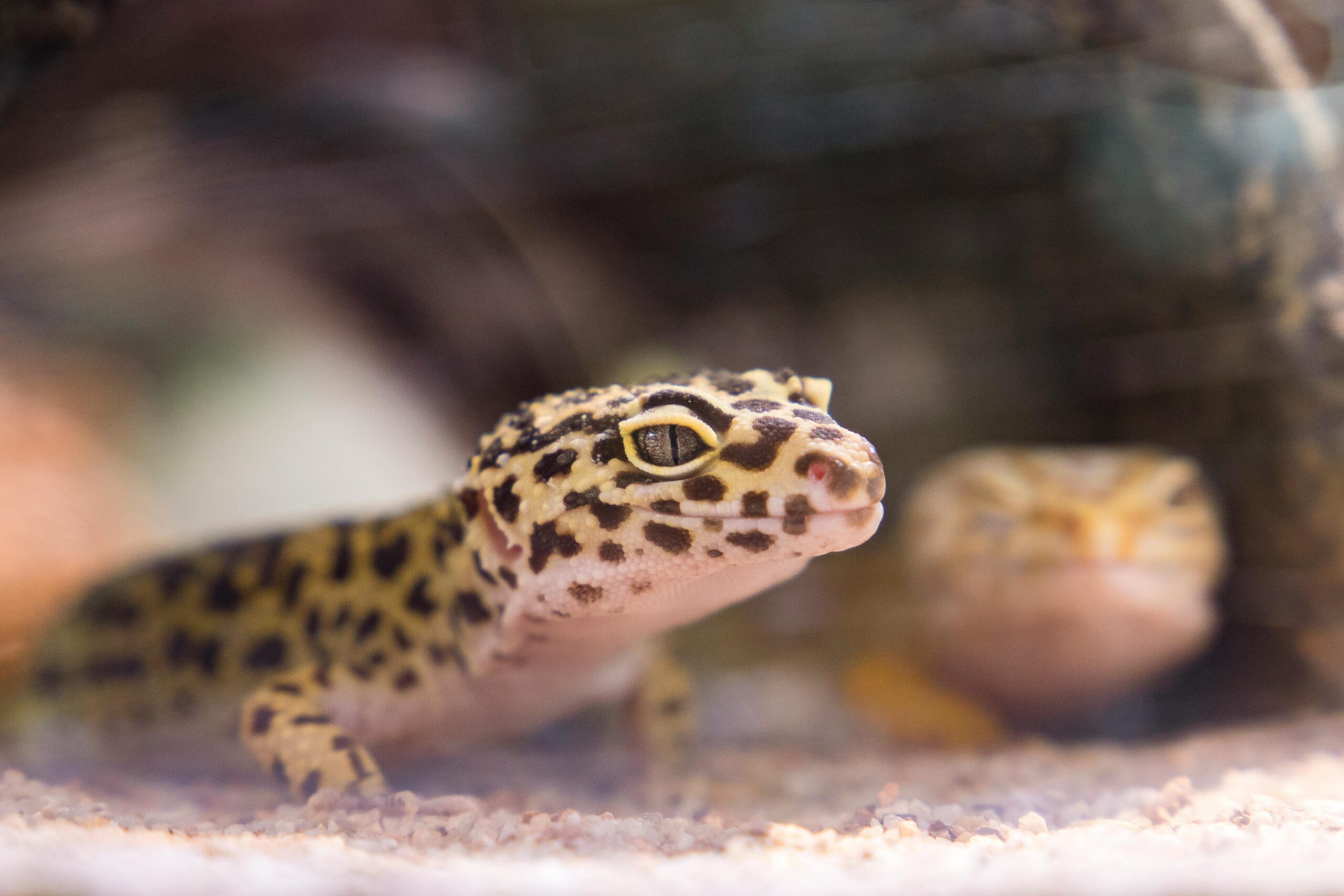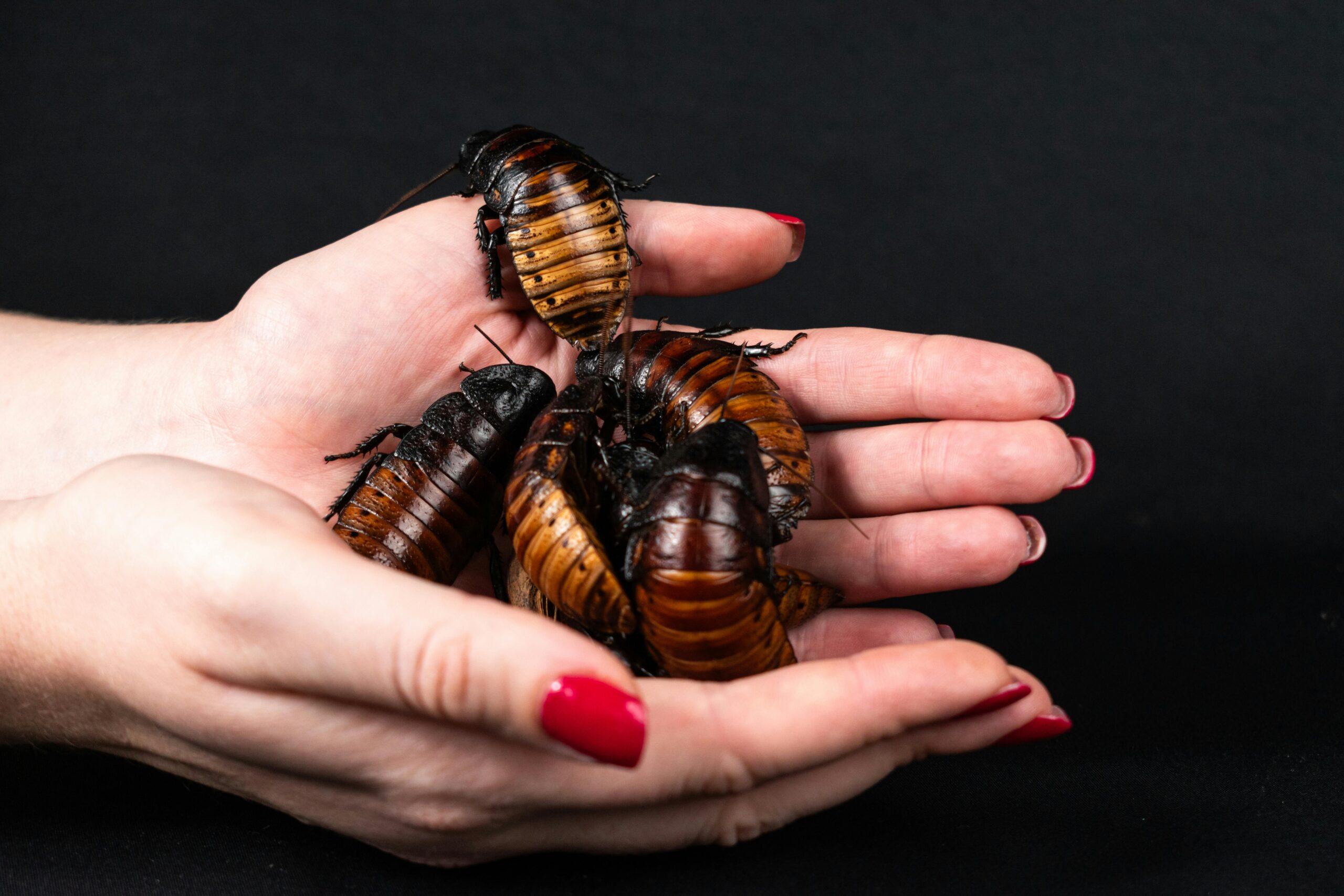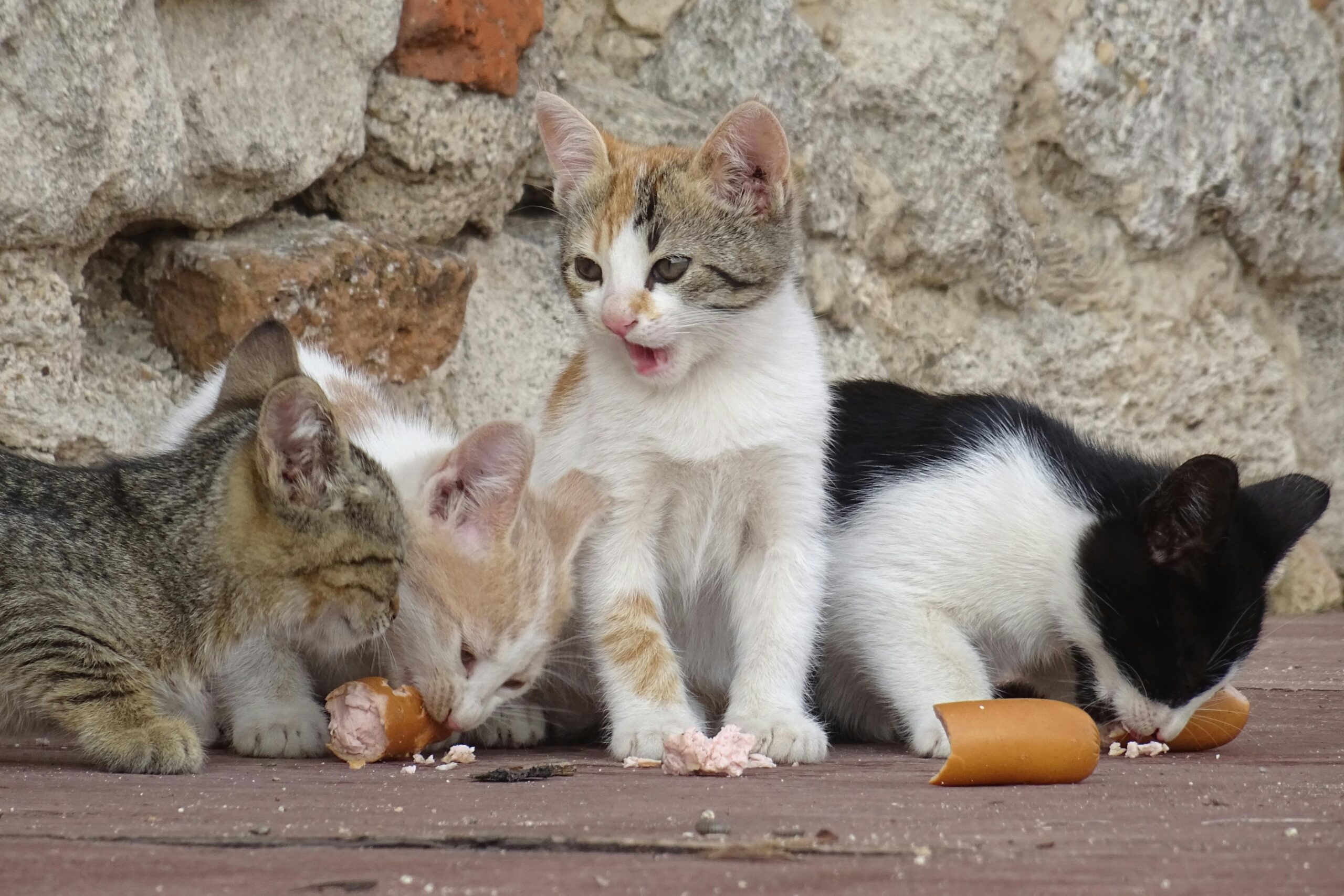People in search of advantages and disadvantages buying an exotic pet an exciting companionship alternative to traditional pets, such as cats, dogs, or hamsters, may want to consider having an exotic pet. The range of exotic pets includes birds, reptiles, wild animals such as big cats and primates, along with strange small mammals like sugar gliders or fennec foxes. The serious consideration necessary for owning an exotic animal is considerable. Along with this, there are other responsibilities, challenges, and results.
During this thorough discussion, we will analyze the benefits and limits of owning exotic pets. This will back potential business owners in their decisional process by comparing the benefits, such as personal enrichment and innovation, to the negatives, which include demanding care requirements, legal concerns, and moral struggles.
Pros of Owning an Exotic Pet
1. Interesting and Fascinating Partnership
The principal attraction of owning an exotic pet is the available potential to maintain a rare and special animal as a companion. Both common animals, such as parrots and iguanas, and more unusual selections like servals or sugar gliders, deliver an experience that is very far from typical. What makes them so interesting to their owners and frequently to others is their rarity and difference.
Aesthetics and Novelty:
Other pets usually have remarkable physical appearance with a range of color, pattern, or design. Birds such as macaws or reptiles including chameleons feature stunning shades that might turn them into the focal point for any house. A lot of people like the unusual nature of having an animal that few people keep.
Unique Behavioral Traits:
Animals considered exotic tend to act in ways uncharacteristic of conventional pets. Similar to human speech, parrots represent it, however, bearded dragons exhibit astonishing bodily actions, including the movements of head bobbing and waving.
2. Educational Experience
Those students who have an exotic pet have the opportunity to analyze animal behavior, animal biology, and conservation of our ecosystem. People who own these pets usually discover that they must provide niche care, which motivates them to study the animal’s original habitat, food, and character.
Learning about Ecology:
An influx of animals considered exotic, from reptiles to birds and amphibians, have specific environmental requirements in addition to nutritional demands. Owning one generally helps enhance understanding of the ecological systems they derive from. Understanding the ecological needs of a pet turtle involves its habitat as well as what it eats, which connects to the wetlands it living in and creates further ecological implications moving forward.
Caring for Unique Creatures:
Animals regarded as exotic, for example sugar gliders or hedgehogs, call for specialized knowledge in their health, dietary needs, and the enhancement of their environment. The distinctive attention to pets frequently increases a person’s interest in zoology, veterinary medicine and conservation.

3. Creating Relationships with Out of the Ordinary Animals
Some people might regard advantages and disadvantages buying an exotic pet exotic pets as being less loving than conventional pets, yet a lot of pet owners create strong relationships with their exotic friends. Many members of the parrot family are quite social and can build durable, long-lasting relationships with their human carers. By the time they are young, socialization creates emotional bonds for ferrets and sugar gliders with their human companions.
Affection and Social Interaction:
Around the world, birds that exhibit both sociability and intelligence, such as cockatoos and parrots, are generally recognized. Thanks to their ability to preen their companions and search for love intentionally, these animals can demonstrate affection.
Playfulness and Engagement:
Ferrets and Savannah cats are exotic pets discovered to really love playful activities and value the opportunity to spend quality time with their owners. Animals of this type can learn tricks, can take part in games, or just love to cuddle.
4. Personal Fulfillment as a Status Symbol
For a number of people, keeping an exotic pet is personally rewarding. Often, the symbolism evokes work achieved, unparalleled characteristics, or wealth; this is always the case with breeds like Tibetan Mastiffs that can go for hundreds of thousands of dollars at auction.
Prestige and Uniqueness:
Dedicated to distinctiveness, a lot of people regard exotic pets as symbols of status. Moneyed people could strive for valuable animals, such as rare parrots, in addition to popular choices like white lions and cats that are not common, including servals and caracals. Taking responsibility for this pet can inspire chats that demonstrate ownership of success or wealth.
Emotional Satisfaction:
Fancy for animals leads to great happiness among those who look after exotic pets. Building a relationship with a rare animal, along with a joy in meeting its elaborate care demands, offers a substantial rewarding feeling.
5. Foreseeable Conservation Methods
A portion of those individuals who prefer to own exotic pets does so with the goal of supporting conservation efforts. The combination of smart ownership with specific breeding of certain species has the potential to help animals threatened in their natural habitats.
Breeding Programs:
Rare species, maintained in managed environments by ethical breeders, may assist in efforts toward conservation. A few owners contribute to breeding programs intended to boost the numbers of endangered species, including specific reptiles or exotic birds.
Cons of Owning an Exotic Pet
1. Difficult and High-Cost Care Requirements
An important negative point associated with having an exotic pet is the tough and expensive demands for care. The needs that are specific include diet, habitat, and the overarching health of a collection of exotic animals.
Dietary Needs:
Several exotic pet types have dietary needs that are hard to reproduce in captive environments, either due to expense or difficulty. Finding and supervising the important live insects or rodents for bearded dragons and a variety of snake species can be quite challenging. To maintain their health, generally parrots need a variety of fruits, vegetables, seeds, and nuts.
Housing Requirements:
The usual requirements for exotic pets include elaborate habitats meant to imitate their natural environments. One aspect of this is developing temperature-regulated terrariums for reptiles, primary aviaries for birds, or extensive outdoor spaces for species including felines and primates. The cost required for building and keeping up such habitats can be pretty high.






1 Comment
[…] attempting to keep a tarantula pet for behavioral characteristics are one of the initial challenges pet owners face. In opposition to regular pets, dogs and cats, tarantulas do not exhibit social characteristics of their own. They are singular animals and do not wish to interact with human beings. As a result, while some might think companionship or playfulness is forthcoming, they will quickly learn that tarantulas are mostly reclusive. […]